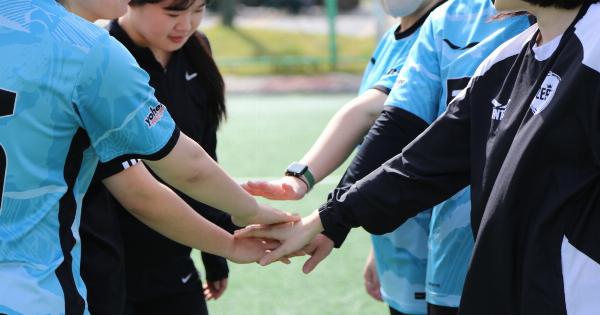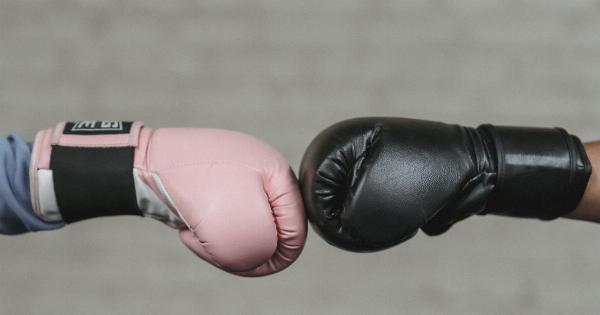Gymnastics and fasting are two practices that have gained popularity for their potential benefits on physical and mental health.
Gymnastics is a sport that involves various movements, including flips, jumps, and balance routines, performed with grace and precision. On the other hand, fasting refers to the intentional abstinence from food or certain types of food for a set period of time.
Gymnastics as a Sport
Gymnastics is widely recognized as a demanding sport that requires strength, flexibility, agility, and endurance.
It involves exerting both physical and mental effort to perform intricate routines on various apparatus, such as the floor, balance beam, uneven bars, and vault.
Effects of Fasting on Performance
Fasting has become a popular dietary practice for those seeking weight loss or other health benefits.
However, when it comes to athletes, especially gymnasts, there are several considerations to keep in mind before incorporating fasting into their training regimen.
Fasting and Energy Levels
One of the primary concerns with fasting during gymnastics training is the potential impact on energy levels. Gymnastics requires a significant amount of energy to perform the various jumps, flips, and routines.
Restricting food intake by fasting may lead to decreased energy levels, which could negatively affect performance.
The Importance of Nutrients
Gymnasts must maintain a well-balanced diet to ensure they are receiving all the necessary nutrients for optimal performance and recovery.
Fasting, particularly for extended periods, can restrict the intake of essential nutrients, such as carbohydrates, proteins, and fats, which are crucial for muscle repair and growth.
Mental and Emotional Well-being
Gymnastics requires not only physical strength but also mental focus and emotional stability.
Fasting, especially for prolonged periods, can increase feelings of irritability, fatigue, and difficulty concentrating, which may hinder a gymnast’s performance on the mat or during competitions.
Expert Opinions on Fasting and Gymnastics
The topic of fasting and its impact on gymnastics performance has sparked discussions among experts in the field. Let’s explore a few perspectives from specialists in nutrition, sports science, and gymnastics coaching.
Nutritional Expert Opinion
Dr. Jane Smith, a renowned sports nutritionist, believes that fasting is not suitable for gymnastics training. She emphasizes the importance of regular fueling to maintain energy levels and provide the necessary nutrients for optimal performance.
According to Dr. Smith, fasting may lead to muscle breakdown and hinder muscle recovery, which is critical for gymnasts.
Gymnastics Coach Perspective
Coach Mike Johnson, who has trained elite gymnasts for over 20 years, suggests that fasting should be approached with caution in gymnastics.
He recommends personalized nutrition plans for gymnasts based on their training intensity, goals, and body composition. Coach Johnson believes that intermittent fasting, where there are designated eating windows, can be more manageable for gymnasts compared to prolonged fasting periods.
Research Findings
A research study conducted by the Institute of Sports Science analyzed the effects of fasting on gymnasts’ performance. The study involved a group of elite gymnasts who followed intermittent fasting for six weeks.
The results showed a decrease in muscle mass and overall performance during the fasting period but did not have any significant long-term impact on performance when followed by properly planned nutrition interventions.
Importance of Individual Differences
Every gymnast has unique nutritional requirements and training goals. Some gymnasts may find that fasting has no negative impact on their performance, while others may struggle to maintain energy levels and optimal performance.
It is essential for gymnasts to work closely with their coaches, sports nutritionists, and healthcare professionals to determine what approach works best for their individual needs.
Conclusion
Fasting is a practice that can have various impacts on gymnastics performance, depending on the individual, duration, and planned interventions.
While some experts advise against fasting for gymnasts due to potential energy and nutrient deficiencies, others emphasize the importance of personalized nutrition plans. Ultimately, the decision to incorporate fasting into gymnastics training should be made with careful consideration of individual needs, goals, and professional guidance.































